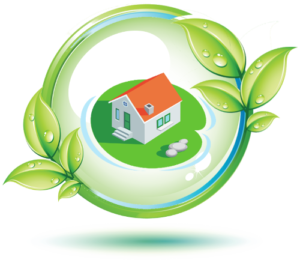Hints & Tips at HomeWe all want to do our bit. Safety, sustainability and energy efficiency are important to us all. Sometimes it’s the little things that can make a big difference, particularly when we act collectively. Here are some top tips to help at home. |
 |
Keeping the oven door closed while you are cooking helps keep your oven at a stable temperature. It can also improve your cooking whilst saving you energy.
Wash fruit and vegetables in a bowl, not under a running tap, to cut water use. Use the leftover water for your houseplants or patio pots.
Solid brick walls can be insulated internally or externally to reduce heat loss.
A dripping tap can waste at least 5,500 litres of water a year. If this is hot water you’re also wasting the energy used to heat it. Get leaking taps fixed promptly.
Think before your print. Reducing the amount of material you print has a long list of benefits including saving paper, chemicals and electricity. More and more offices and industries are going paper free, so think about how you can reduce any printing you do.
When was the last time you switched energy supplier. Regularly changing to the right tariff can save you money by reducing your energy costs. If you rent a property and pay the energy bills yourself the law says you should be able to choose your own energy supplier.
Check the programmer on your heating and hot water to make sure the timings match your needs. If you don’t have a seven-day programmer fitted consider getting one.
Insulate hot water pipes along their full length. Don’t waste the energy you have used to heat your hot water.
Properly used, dishwashers use less water and energy than washing dishes by hand. However, make sure you only wash full loads and don’t pre-rinse everything in the sink first unless it really needs it.
Smart meters help you track your energy use in pounds and pence. They can help educate you and your family to reduce your energy bills.
